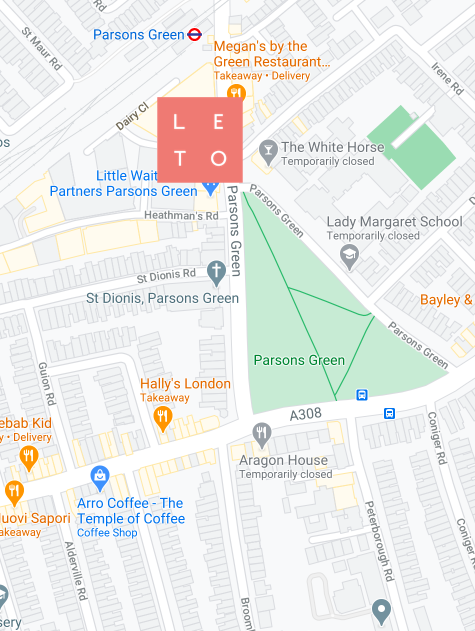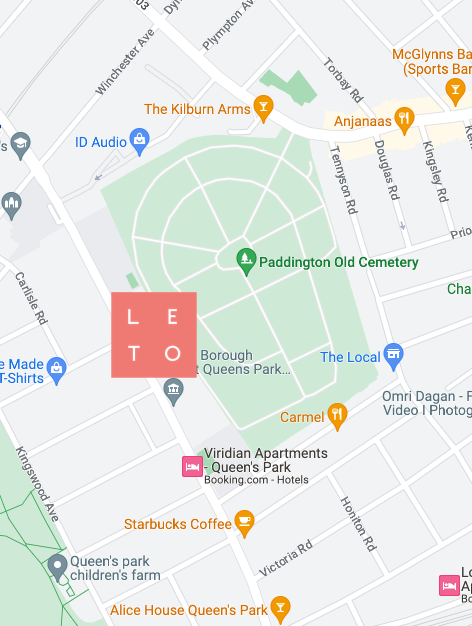
Close
Enquiry
Please see contact information below or complete the form and we will get in touch with you.

Parsons Green
3rd Floor Brigade House
8 Parsons Green
London
SW6 4TN

Queen's Park
2nd Floor
105-109 Salusbury Road
London
NW6 6RG

Jesse's House
8-10 Heathmans Road
Parsons Green
London
SW6 4TJ
Why Every Woman Needs To Care About Her Pelvic Floor Health

What exactly is the pelvic floor?
The pelvic floor is a group of muscles that sit like a hammock at the bottom of the pelvis, running from the pubic bone at the front, to the coccyx (tailbone) at the back.
We use our pelvic floor muscles to open and close our bladder and bowel when we need to go to the loo. They play a role in supporting our pelvic organs; the bladder, bowel and uterus, and they work with the abdominal muscles to support our spine and core, especially when we’re lifting something heavy.
Not only that, but strong pelvic floor muscles can improve our sexual pleasure by improving sensitivity and grip inside the vagina.
What are the most common symptoms of pelvic floor dysfunction?
If you’ve suffered from chronic constipation or had a baby, if you smoke or are overweight, if you do a lot of heavy lifting or high-impact exercise, or if you’re going through menopause, your pelvic floor muscles may not function at full capacity.
Pelvic floor dysfunction can cause the following symptoms:
- leakage of the bladder or bowel during impact exercises or when coughing, laughing, and sneezing
- urge incontinence; when you feel the sudden and urgent need to pass urine or stools, and may or may not be able to ‘hold on’.
- needing to go to the toilet more often that what’s normal for you
- vaginal dryness
- a dragging or heavy feeling in the vagina
- reduced sensation or pleasure from sex
- painful sex
How does the pelvic floor impact our overall health?
As you can imagine, any of the symptoms above can have a significant impact on your quality of life. Pelvic floor dysfunction can limit what you do or what you feel confident doing, including exercise, intimacy with a partner, even wearing certain clothes. It can suck a lot of joy out of your life. I’ve seen that the long-term impact on your confidence, mental and physical health can be immense, and yet there’s a lot you can do to either cure, improve or manage the problem.
What are simple preventive measures or practices that women can implement into their daily lives?
There is doing your pelvic floor exercises and then doing your pelvic floor exercises. You need to know how to properly contract and fully relax your pelvic floor muscles. The first step is to find these muscles! I tell patients at the LETO clinic to squeeze their back passage as if trying not to pass wind. Following this, try to pull up the front passage as if stopping the flow of urine. To relax these muscles, imagine a lengthening between your two sit bones and let your back passage relax in the process. Once you have that technique right, try building in time every day to complete some pelvic floor exercises, such as in bed when you wake up or before you go to sleep.
Ultimately, reducing stress on the pelvic floor and maintaining good bladder and bowel health is also key to protecting the pelvic floor. Here are some general recommendations on how to achieve this:
- avoid holding in your stomach and be aware to let go of any tension in your buttocks throughout the day.
- drink enough fluid so that you are emptying your bladder completely 5-6 times a day.
- try to limit or avoid sugar, and carbonated or acidic drinks such as juice, squash and alcohol. If you must drink coffee, avoid it after 1 pm.
- do not go to the loo ‘just in case’.
- avoid constipation to help reduce unnecessary strain on your pelvic floor which can lead to weakness. You can do this by optimising your fluid and fibre intake and resting your feet on a small stool or stack of books every time you empty your bowel.
- if you are experiencing IBS-type symptoms, increased flatulence or faecal incontinence, try reducing spicy, fatty and greasy foods, caffeine, artificial sweeteners and alcohol
- lube, lube and then lube again. Whether it’s for intimate touching, penetration or masturbation, lubricant can reduce friction and pain, and increase pleasure if you’re experiencing any vaginal dryness.
- stay active and maintain a healthy body weight
When should I see a pelvic floor physiotherapist?
If you are experiencing any of the following symptoms should seek the help of a specialist pelvic health physiotherapist:
● leakage when coughing, sneezing running or exercising
● having to wake up throughout the night to use the bathroom
● difficulty retaining tampons or having a dragging or heavy feeling in the vagina
● vaginal dryness or a feeling of ‘looseness’
● pain during sexual intercourse
● endometriosis
● recurrent urinary tract infections
● sexual difficulties in breast care patients
● persistent back, hip or groin pain
Discussing pelvic health problems can be difficult. If you are reluctant about seeing a pelvic health physiotherapist, remember we have a special interest and training in pelvic health, we’ve seen and heard it all before, and there really is so much we can do to help.

